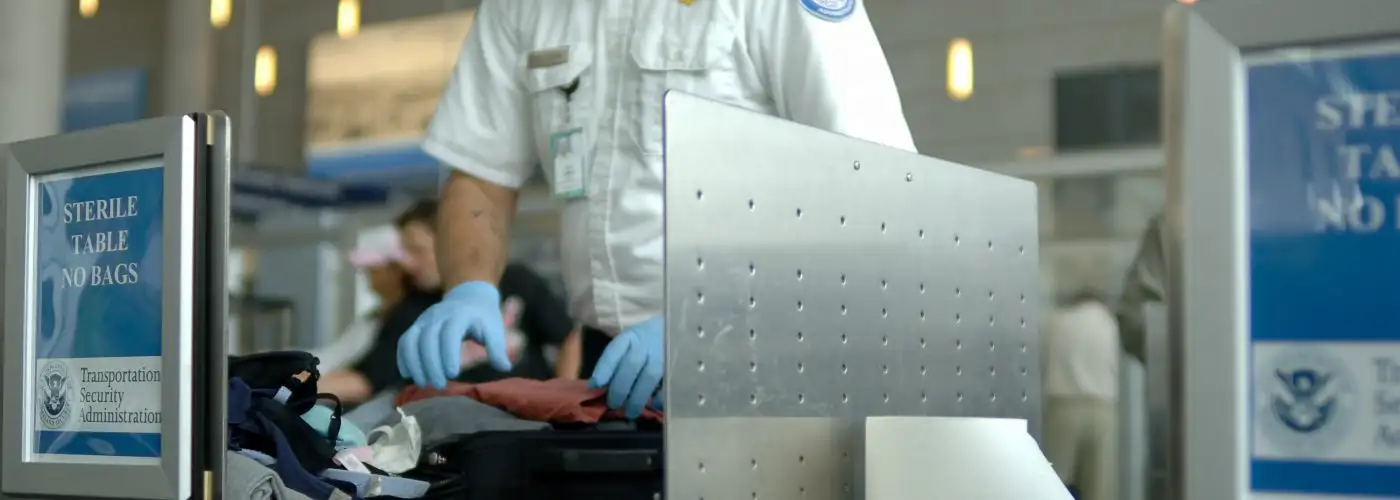Flying to the U.S. from abroad? Get ready for potentially longer check-in times and new security measures. Effective this week, the Department of Homeland Security (DHS) will increase scrutiny on electronic devices travelers bring onboard.
DHS announced it would be heightening security measures back in June, after months of speculation that large electronic devices like laptops would be banned from aircraft entirely. Fortunately, that never materialized, and DHS instead announced some new, general procedures aimed at increasing security:
- Enhancing overall passenger screening;
- Conducting heightened screening of personal electronic devices;
- Increasing security protocols around aircraft and in passenger areas; and
- Deploying advanced technology, expanding canine screening, and establishing additional preclearance locations.
Now, after giving airlines 120 days to prepare, the measures go into effect.
DHS was deliberately vague when it announced the new measures in June, but it now appears the “enhanced overall passenger screening” includes traveler interviews. Multiple airlines said travelers should expect short interviews at check-in, security, or the gate, regardless of whether they are traveling with bags or not.
“As we move forward, TSA will continue to work closely with our aviation partners and verify that all security enhancements are accurately implemented,” TSA spokeswoman Lisa Farbstein told USA Today. “As threats continue to evolve, we and our partners around the world, will continue to work together to improve intelligence sharing and standardize best practices, while also pursuing technological advancements that will make flying more secure for everyone.”
Coincidentally or not, the new security procedures arrive during a period of decline in travel to the States. Last month, the New York Times reported there were 700,000 fewer international visitors during the first quarter of 2017. European countries were down 10.1 percent, while Middle Eastern and African countries were down even more. The current administration targeted the latter group through several travel bans, not to mention the aforementioned electronics ban. Adding new, time-consuming procedures certainly doesn’t seem likely to help reverse that trend.
Readers, have you encountered any new security measures while traveling to the States? If and when you do, tell us about your experiences.
More from SmarterTravel:
We hand-pick everything we recommend and select items through testing and reviews. Some products are sent to us free of charge with no incentive to offer a favorable review. We offer our unbiased opinions and do not accept compensation to review products. All items are in stock and prices are accurate at the time of publication. If you buy something through our links, we may earn a commission.
Related
Top Fares From
Today's Top Travel Deals
Brought to you by ShermansTravel
France: 8-Night Paris, Avignon & Nice...
Infinity Worldwide Vacations
 vacation
$2880+
vacation
$2880+
Poconos: 3 Nts in Garden of...
ResortsAndLodges.com
 hotel
$305+
hotel
$305+
7-Nt Canada & New England Cruise,...
Princess Cruises
 cruise
$839+
cruise
$839+




